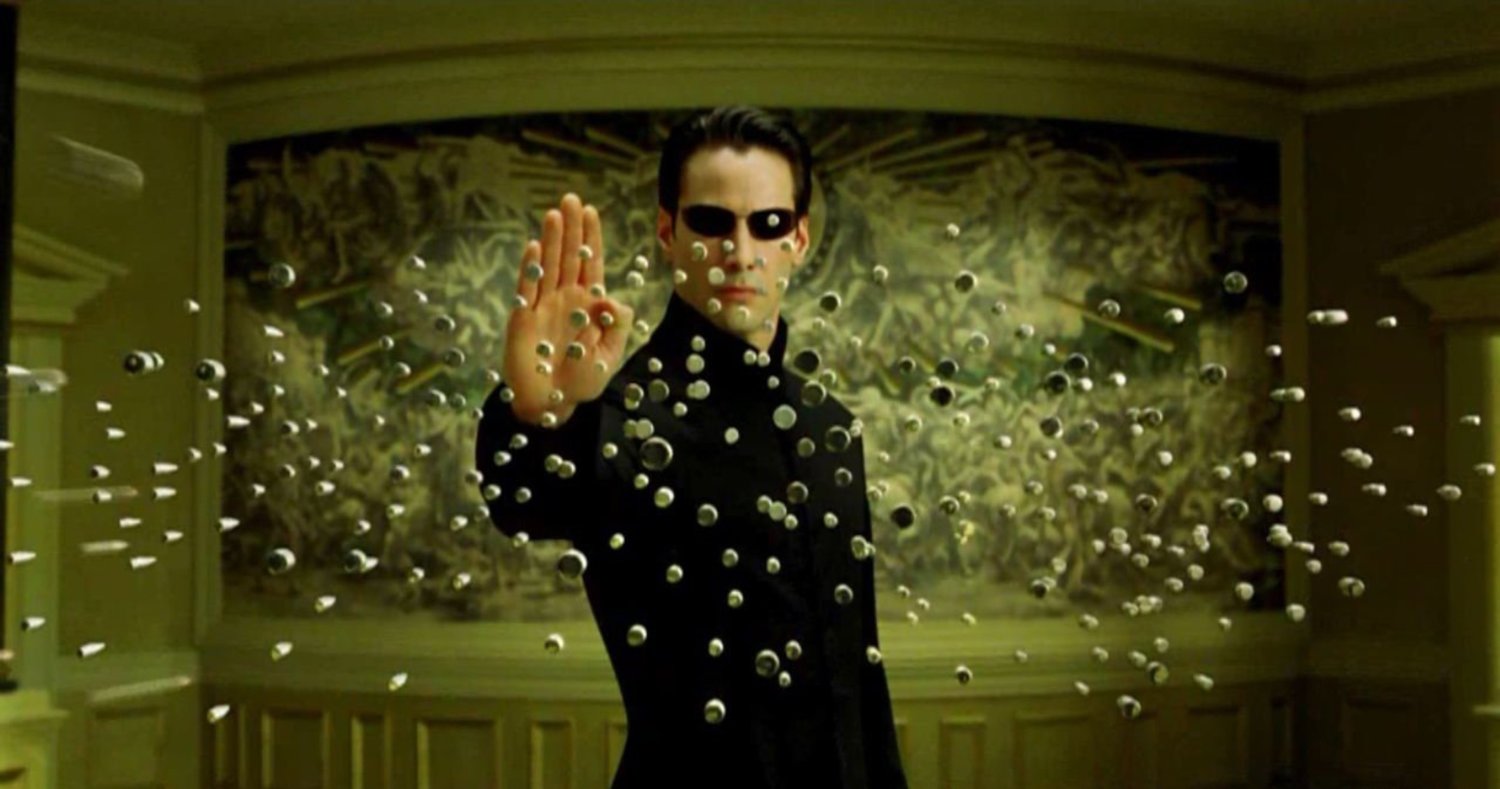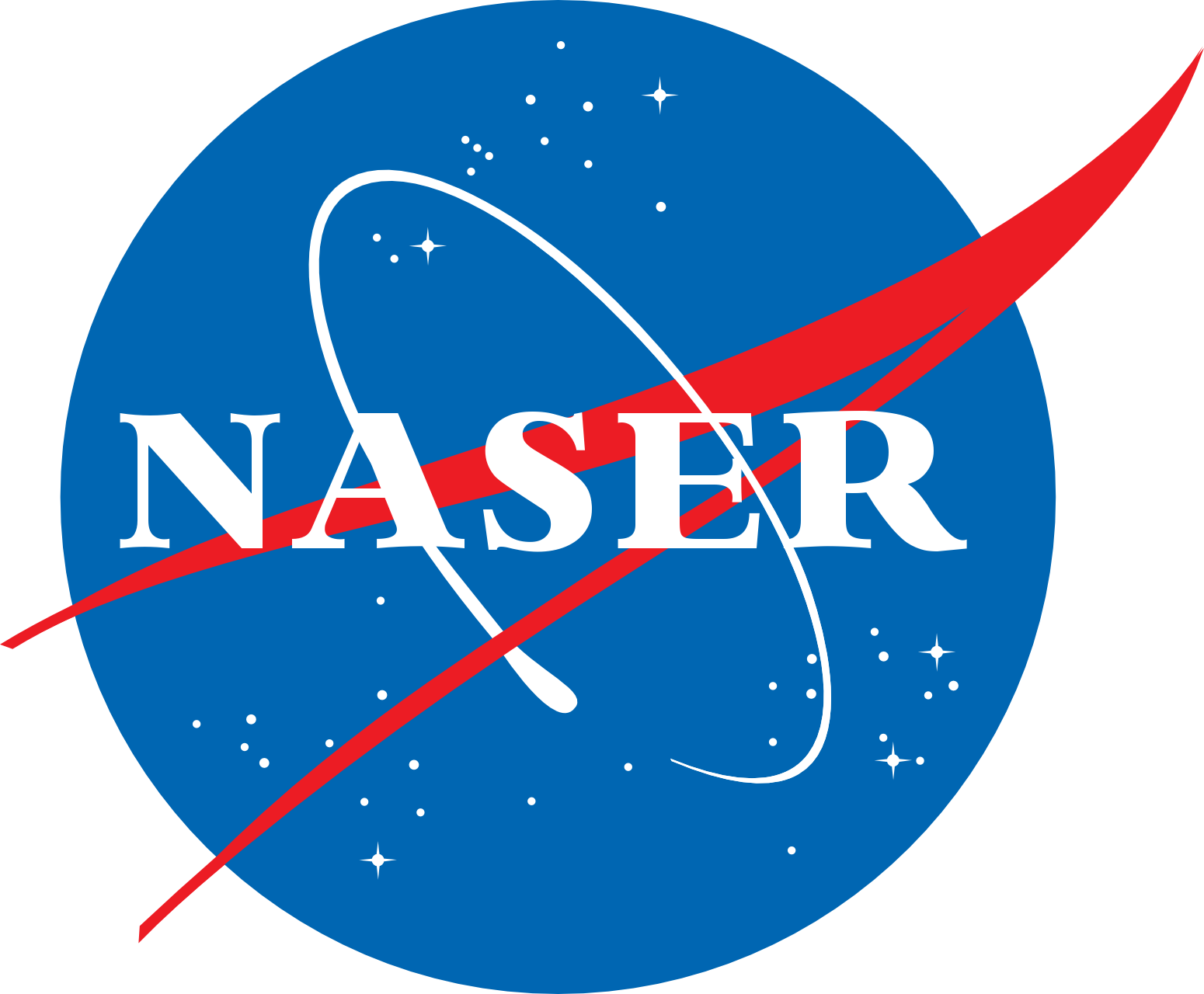CS Professor Reviews Movies: The Matrix
Written on June 12th, 2024 by Naser
Courtesy of Warner Bros. Pictures
[Spoiler Alert]
The Matrix is a cinematic endeavor that so elegantly dramatizes one of the most profound philosophical quandaries: Should one choose a beautiful lie or confront the ugly truth? This question, posed through the lens of the tumultuous relationship between man and machine in this film, serves as a profound critique of our modern day relationship with technology.
In “The Matrix,” technology is not merely a backdrop; it is a powerful metaphor for this philosophical choice itself. The Matrix represents the beautiful lie, offering a seamless, painless existence, devoid of the discomforts of reality. Yet, this digital Eden is soaked in illusion, a simulated reality that is meticulously crafted to obscure the underlying human misery and enslavement. It is here that the Matrix reveals its true colors as the ideological apparatus, the ultimate tool of deception, maintaining control by fabricating desires and manufacturing consent. Like the shadows on the walls of Plato’s cave, the simulated reality in “The Matrix” is a distorted reflection of a truth too unbearable to face—that reality is the very prison we wish to escape.
Neo, the prophesied savior, is thrust into the very heart of this dilemma. His journey from a mundane drone into the chosen liberator is marked by the traumatic confrontation with the choice between reality and illustion embodied by a red pill or a blue pill. The red pill serves as a brutal awakening from the slumber of the Matrix, forcing Neo to gaze into the abyss of the Real, where life is stripped of its digital gloss and laid bare in its raw, often disheartening form.
Yet, one must ask: Is the choice between illusion and reality as obvious as it seems? Consider the character of Cypher, who, disillusioned with the barren reality of human existence, chooses to return to the blissful ignorance of the Matrix. His betrayal is not merely a narrative twist but a philosophical statement about the human condition. His choice echoes Plato’s allegory of the cave, where prisoners, seeing only shadows, believe them to be the entirety of reality. When offered a chance to leave and see the world as it truly is, the idea is so discomforting that some prefer the familiar shadows to the daunting sunlit world outside. Cypher’s decision, much like the prisoners’ reluctance to leave the cave, forces us to confront the unsettling possibility that we too might choose comfortable fictions over harsh realities.
The relationship between humans and technology in “The Matrix” is a twisted version of dependency. Humans are farmed for their bioelectric energy, suggesting a grotesque symbiosis. Isn’t this reflective of our own reality? We feed technology with our data, our attention, our desires, and in return, it gives us a semblance of meaning, of connection, of reality. This interdependency reveals a disturbing truth: we are not just using technology; we are also being used by it. Technology, in its promise to simplify, to beautify, to make efficient, also seduces us into a state of passive acceptance. It crafts a narrative so compelling that the ugly truths of surveillance, manipulation, and dependency become mere footnotes in our digital romance.
In conclusion, “The Matrix” serves not just as a philosophical exploration but as a mirror to our existential crisis in the age of technology. The choice between the beautiful lie and the ugly truth is not relegated to the realm of science fiction but is played out in the daily interactions we have with our technological creations. We think we are free because we can make choices, yet these choices are themselves part of the larger manipulation. Even our rebellion is anticipated and incorporated by the system. This is the perversion at the heart of our relationship with technology and the structures of power beneath it: it offers us infinite choices while making sure that none of these choices matter in the grand scheme. The true challenge, then, is not merely to choose the red pill of reality but to question the very nature of the choice we are offered.
In this series I review movies that are relevant to AI, technology, and Computer Science. Suggest a movie for the next review, if you like this one. Note: This review was “written” with help from GPT-3.5 Turbo.

